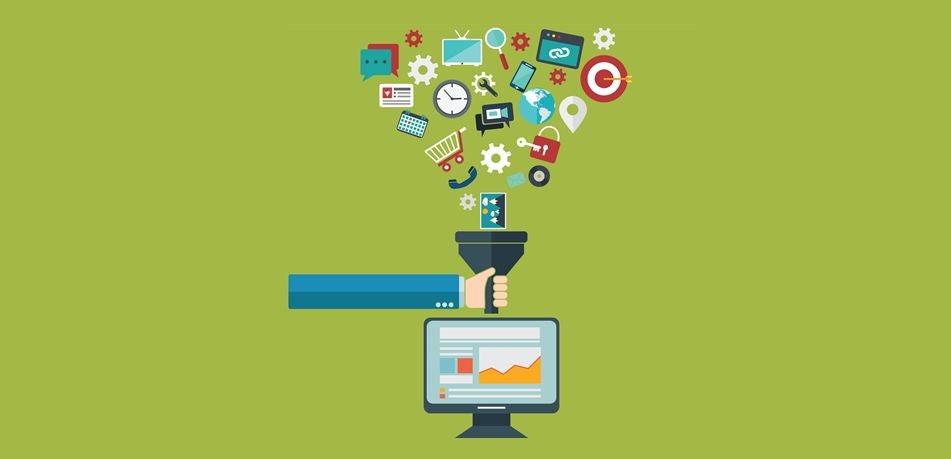Since the launch of the open data portal, Numbers for Development, the number of unique datasets created and compiled by IDB specialists in the Specialized Dataset section has been growing. This post will highlight four datasets of interest that are available now for you to explore. Many of these datasets have visualizations already done, but we encourage you to go in and build your own!
Before we jump into the datasets themselves, what is a dataset? And how is it different from a database?
- Datasets normally are a onetime snap-shot of data about a development issue or topic. The time period covered depends on the dataset and it may be occasionally updated. They are raw data files, and are often created to support papers.
- Databases are ongoing data products with a commitment to continuously updating content that combine back-end data with a front-end web-based interface where users can query and manipulate data.
The main difference between a dataset and a database is whether the data is updated frequently and consistently (database) or not (dataset).
With that out of the way, let’s dig into the datasets:
1 Emerging and Sustainable Cities Initiative: Indicator Values
- Years Covered: 1995-2015
- Description: Explore and compare more than 150 quantitative indicators, public opinion polls and interactive maps of intermediate cities in Latin America and the Caribbean. These are cities that have an outstanding economic and population growth, and receive technical assistance from the Emerging and Sustainable Cities Initiative (ESCI) of the IDB. This dataset was created to feed the urbandashboard.org platform. It contains all the cities indicators values, sources and year. This dataset is unique because it is made up of survey data gathered by the IDB.
2 2009-2014 Infrascope Index for Latin America and the Caribbean
- Publication
- Years Covered: 2009, 2010, 2012, 2014
- Description: This benchmarking index is a learning tool that evaluates the legal, regulatory and operating environments for Public Private Partnerships (PPPs) in transport, water/sanitation and electricity infrastructure for 19 Latin American and Caribbean countries. The analysis and scores in the model provide a comparable assessment of individual countries’ readiness and facility for PPP project design and implementation. It is unique because it is includes a wide range of sources, such as industry analysis and interviews with regional experts.
3 Structural Fiscal Balances Database for Latin American and the Caribbean
- Publication
- Years covered: 1990-2013
- Description: It allows you to estimate structural fiscal balances for 20 countries in the region under different assumptions regarding the output gap and commodity structural prices. It is a unique database because 1) It takes into consideration the distinct responsiveness of different types of revenues to changes in the output gap. 2) It includes estimations of SFBs based on output gaps’ projections available in “real time”. 3) It allows assessing the response of fiscal policy to the business cycle.
4 Development in the Americas
- Description: Development in the Americas (DIA) is the flagship publication of the Inter-American Development Bank (IDB). Each year, the IDB presents an in-depth research report on one of the major economic and social challenges facing Latin America and the Caribbean. Over the past nine years, the subjects covered have ranged from productivity, housing, and debt to productive policies, quality of life and taxes. The datasets for each DIA are available in Specialized Datasets.
- Rethinking Productive Development (2014)
- Years Covered: 1960-2013
- More than Revenue (2013)
- Years Covered: 1990-2014
- Room for Development (2012)
- Years Covered: 1990-2013
- Visualization
- Development Connections (2011)
- Years Covered: 1990-2014
- Visualization
- The Age of Productivity (2010)
- Years Covered: 1960-2013
- Visualization
- Beyond Facts (2009)
- Years Covered: 1960-2012
- Visualization
- Outsiders? (2008)
- Years Covered: 1981-2013
- Visualization
- Living with Debt (2007)
- Years Covered:1980-2013
- The Politics of Policies (2006)
- Years Covered: 2012
This is only a selection of the data that you can find in Specialized Datasets on the Numbers for Development site. Check back soon since there are new datasets and databases being published frequently.
Have a dataset or visualization that you want to highlight? Share it in the comment section below.
By Alyson Williams, from the Felipe Herrera Library at the Inter-American Development Bank.


Leave a Reply